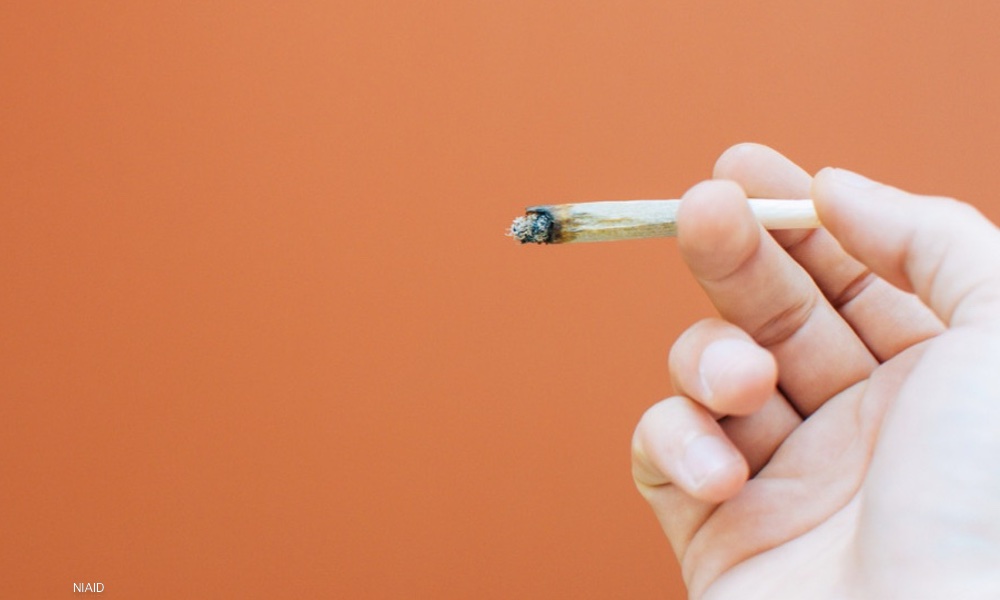Most sleep experts agree that a solid eight hours of sleep a night is ideal. But for many of us, that’s only a dream. In fact, more than a third of adults in the U.S. report far less than 7 hours of solid shut-eye, and some folks get too much sleep.
Disrupted sleep is associated with several health conditions: among them high blood pressure, mood swings, depression, diabetes and stroke. It’s no wonder we’re searching for anything to help us get the right amount of ZZZ’s — from blackout curtains and calming sound machines, to herb tea, special apps, light sensitive alarm clocks — and cannabis.
But cannabis might not be such a great idea. A new study looked at whether marijuana and other cannabis products hurt or hinder our quest for a good night’s sleep. Researchers from the University of Toronto, Canada, investigated the connection in over 146 million adults residing in the United States, using data from the U.S. National Health and Nutrition Examination Survey (NHANES), a cross-sectional survey from the National Center for Health Statistics and the Centers for Disease Control and Prevention (CDC).
Participants were asked their age, race, sex, education (post high school), average hours of work per week, as well as other related variables. Their sleep duration was categorized as short (less than 6 hours) optimal (7-8 hours) and long (9 hours or more) during weekdays. The researchers also explored the quality of participants' sleep, asking if they:Cannabis does affect sleep, but not always in a beneficial way.
- had difficulty falling asleep
- were able to stay asleep
- slept too much (in the past 2 weeks)
- had consulted a physician about a sleep issue
About 14.5 percent of the people surveyed said they had used marijuana recently. The researchers broke this data down even further into moderate and heavy users. They found that cannabis does affect sleep, but not always in a beneficial way.
Cannabis use tended to put a person at one of the extremes of nightly sleep: recent users were more likely than non-users to report both short sleep and long sleep. People who used weed at least 20 of the most recent 30 days were 64 percent more likely to get too little sleep; users were also 76 percent more likely to get too much sleep. Those who had used cannabis fewer than 20 of the past 30 days were 47 percent likely to sleep too long.
“Large population-based studies show that both short sleep and long sleep are associated with an increased risk of heart attacks and strokes, as well as the long-term progression of things like atherosclerosis, diabetes, coronary artery disease and any of the major cardiovascular diseases,” the study’s lead author, Calvin Diep, a resident in the department of anesthesiology and pain medicine at the University of Toronto, said in a statement. “It seems with sleep there's kind of this ‘Goldilocks phenomenon’ where there's an amount that's ‘just right.’”
If you’re using cannabis to help with sleep disorders and it’s not doing the trick, the National Sleep Foundation recommends you try:
- Going to sleep and waking up at the same time every day, including weekends.
- Setting a relaxing bedtime routine, such as listening to calming music, reading a book or taking a warm bath.
- Opting for a cool room rather than a warm one.
- Keeping your bedroom quiet and dark.
The study is published in Regional Anesthesia & Pain Medicine.





